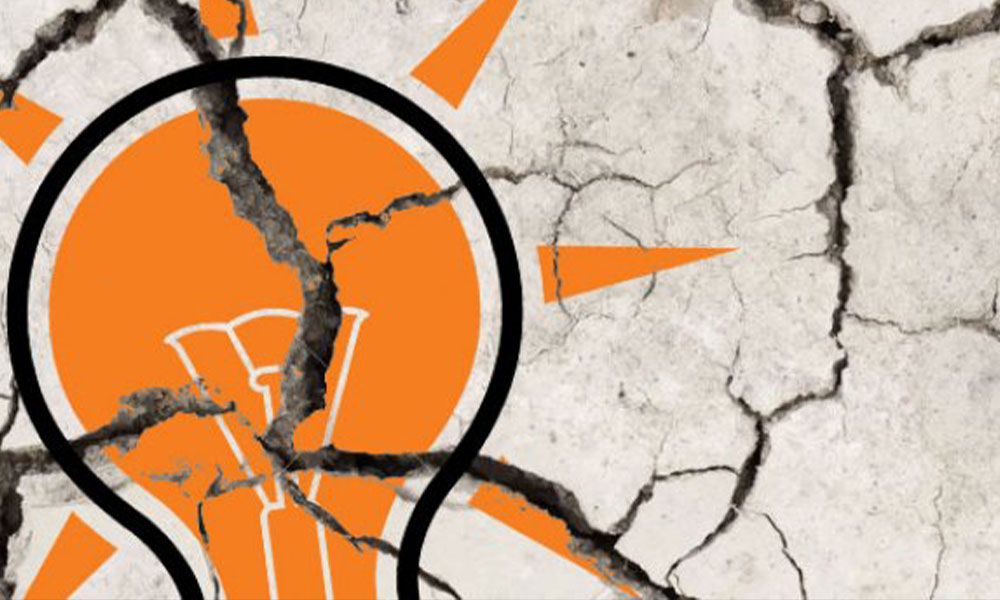Turkey’s longest serving ruling party Justice and Development Party (AKP) on Aug. 14 celebrated its 21st founding anniversary.
The AKP was founded on Aug. 14, 2001 under Recep Tayyip Erdoğan and a number of founding members.
The AKP came first in all the elections during 21 years, despite all the incidents that took place against the party, like the closure case, the Gezi Park protests, and the coup attempt.
After the July 15 coup attempt in 2016, the AKP introduced and established the presidential system with the help of the alliance with the far-right Nationalist Movement Party (MHP).
Now, experts say that the party is preparing for the biggest electoral challenge of its rule, that is parliamentary and presidential elections that must be held by June 2023.
Professor Ülkü Doğanay stated the AKP favored the freedoms of certain Sunni and Muslim majority, rather than all citizens, and other ethnic and religious groups.
“For example, they lifted the headscarf ban. As soon as they thought that they had achieved the freedom of religious belief, there was no problem of freedom in the country, and there was no need to listen to the demands of the citizens,” Doğanay said.
“If you do not respond to any demand from the people, if you find even the expression of that demand as unacceptable, then you are afraid of the public,” Doğanay said, giving examples from the hostile policies of the government against some groups like the LGBT people, Alevi community, women, Kurds.
According to Doğanay, an instrumentalist approach had emerged for the topics of participation, democratization and citizenship in the party’s manifestos during the first years to acquire the power.
“They must be thinking that their power is at its peak today. Therefore, they act as if none of them are necessary,” she said.
Doğanay stated that the new generations of voters are aware of the world and do not accept the AKP’s rhetoric. Accordingly, it is not possible for the AKP to get out of this “negative” picture whether they win or lose the upcoming elections, she said.
Hilmi Daşdemir, head of the private pollster Optimar Research Company, said that the AKP has the potential to overcome difficulties, like the economic situation, and that the public continues to support Erdoğan.
“The surveys conducted in Turkey’s east and southeast show that Erdoğan’s name is among the first to come to mind when it comes to the leader who will overcome the problems. Even though there is an economic turmoil at the moment, the support for Erdoğan is double that of his closest rival,” he said.
However, Daşdemir mentioned that the AKP falls behind the opposition in terms of discourse and agenda setting at the moment.
Not all pollster companies see Erdoğan as the favorite in the upcoming elections.
The Social Impact Research Center head Ulaş Tol says that the AKP has been in a decline since 2018; and if the downward trend continues, the party will not be number one anymore.
MAK Consulting head Mehmet Ali Kulat expresses that the party had a very successful first decade, but lost ground gradually in the second decade.
“The transition to the presidential system created a great political disadvantage for the AKP. In my opinion, if they had continued with the old parliamentary system, they would have lost less ground,” Kulat said.
Kulat also called for the opposition to get a better strategy to win the elections.
“What the opposition really needs to do is to strengthen its promises to fundamental rights and freedoms in Turkey. Otherwise, Recep Tayyip Erdoğan, who has a very high ability to win the election, and Devlet Bahçeli (head of the MHP), a very experienced politician, will not easily hand this election to the opposition,” he said.
“Therefore, the opposition needs to give people hope, as well as offer solutions. With one or two steps taken by the government regarding the economy, the opposition’s promises about the economy may be overturned.”
duvarenglish.com
